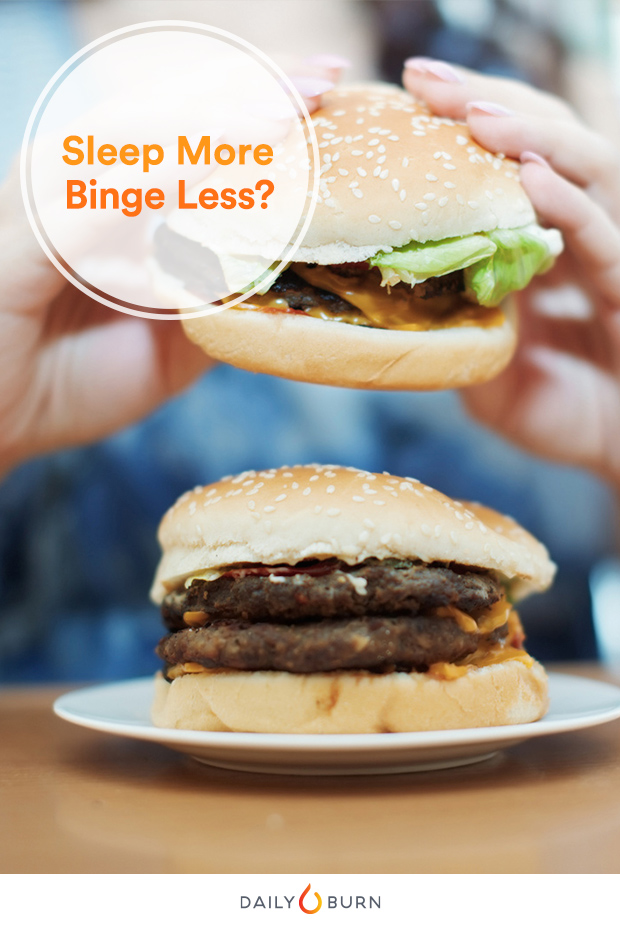
If you’ve ever felt like grabbing a few of those airport cinnamon pretzels the afternoon after catching a 5 a.m. flight, you can blame biology. Researchers discovered that people who got just four-and-a-half hours of sleep (talk about sleep deprivation!) ate significantly more late-afternoon junk food than those who slept a luxurious eight-and-a-half hours.
Why the mind games? The lack of shuteye apparently activates the endocannabinoid system, which is involved in appetite control. “It may modulate the brain’s reward pathways and can induce overeating for highly palatable foods,” explains Erin Hanlon, PhD, an endocrinologist at the University of Chicago’s Sleep, Metabolism, and Health Center, and the study’s lead author. Translation: Donuts, chips and other high-calorie snacks.
RELATED: 9 Cool New Gadgets to Sleep Better Tonight
The Sleep-Snacking Connection
These new findings bolster a growing body of scientific literature that links sleep deprivation with weight gain. And it makes sense: Sleepy people wandering around in a sluggish, half-conscious state simply won’t feel like exercising or making smart food choices. Pizza delivery? Done.
And there’s another layer to it, too. Lack of sleep messes with your body’s ability to metabolize sugar, other research shows. It also boosts both your levels of the hunger hormone ghrelin and stress hormone cortisol, which make you famished. If that’s not depressing enough, insignificant slumber can decrease the hormone leptin, which tells you when you’re full.
RELATED: The Science Behind Why You Get Hangry
Beware of Sleepy Snack Attacks
Now there’s evidence that sleep deprivation can bring on the munchies. The new University of Chicago study focused on the endocannabinoid system, consisting of lipids and receptors in the brain and central and peripheral nervous systems. And just like the name sounds, it’s the same system stimulated by marijuana use that tells the brain to raid a hotel vending machine late at night. In the small study, 14 normal weight adults slept either four-and-a-half or eight-and-a-half hours over four nights in a lab. During a buffet lunch after the last night, everyone ate roughly about 2,000 calories. “It was the cafeteria effect,” says Hanlon. “They all ate a lot because it was free and yummy.”
Yet when they had access to fattening snacks in the afternoon (think: chocolate, gummi candies and ice cream), the “not enough” sleepers binged on 1,000 calories’ worth in comparison to the other group’s 600 calories. That was around the time when a blood test showed their endocannabinoid systems were more active longer than the full-night sleepers. “Their blood concentration levels stayed high in the late afternoon and early evening,” explains Hanlon. “We observed that they had a stronger desire to eat and less ability to inhibit their snack consumption.”
The good news is that by the time dinner rolled around, both groups ate similar 1,000-calorie count dinners. The takeaway? Next time you pull an all-nighter or skimp on sleep, make sure you have a stash of healthy snacks to hold you over ‘til dinnertime — and set an early bedtime to get back on track.
